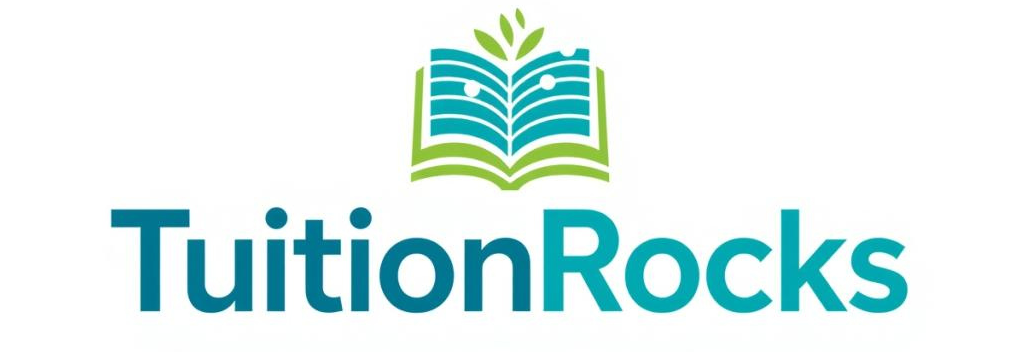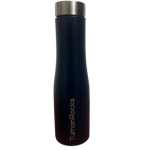Are you struggling with your science grades? Or maybe you’re doing well but want to score even higher in science exams? As experienced tutors at TuitionRocks, we’ve helped hundreds of students boost their science performance through personalized guidance and smart strategies. In this post, we’ll share proven tips to score better in science, whether you’re in primary school, secondary school, or preparing for board exams.
Read on to discover science study tips that actually work — straight from a professional tutor!

Table of Contents
1. Understand the Concepts, Don’t Memorize
Science is all about understanding how and why things happen. Rote memorization might help you pass a test, but deep understanding helps you excel in exams and retain knowledge long-term. Use visual aids like diagrams, flowcharts, and mind maps to break down complex concepts.
🔍 Top Tip: Use YouTube videos and interactive simulations to visualize scientific processes — it helps with concept clarity and boosts retention.
2. Practice With Past Exam Papers
One of the best ways to prepare for science exams is by solving previous years’ question papers. This helps you:
- Understand the exam pattern
- Identify important topics
- Improve time management
📘 Bonus Tip: Mark your common mistakes and revise them weekly to avoid repeating them in the actual exam.
3. Use NCERT Books and Class Notes Effectively
For students in India, NCERT textbooks are essential — especially for CBSE science exams. Make sure you understand every line from your science textbook. Teachers and examiners often frame questions directly from these books.
📝 Pro Tip: Highlight key definitions, formulas, and diagrams for quick revision before exams.
4. Join a Science Tuition Class
Sometimes, classroom learning isn’t enough. A good science tutor can offer individual attention, clear doubts, and provide exam-focused practice. At TuitionRocks, we match students with experienced tutors who tailor the learning experience based on individual strengths and weaknesses.
🎯 Why TuitionRocks?
- Small batch sizes
- One-on-one doubt-solving sessions
- Regular assessments and progress tracking
- Available for both online and offline science tuition
5. Stay Consistent With Your Study Schedule
Cramming the night before an exam doesn’t work for science. Consistent study helps you stay on top of your chapters and reduces last-minute stress. Set a weekly study timetable with dedicated time for physics, chemistry, and biology (or general science, if you’re in primary school).
📅 Time-Management Hack: Use the Pomodoro technique – study for 25 minutes, take a 5-minute break. Repeat.
6. Master Scientific Terminology and Diagrams
In science exams, using the right terms and drawing neat diagrams can help you score more marks. Practice drawing labeled diagrams and learn the correct spellings of technical terms.
✏️ Presentation Tip: Use pencil for diagrams, draw with a ruler, and label clearly. Examiners love well-organized answers
7. Ask Questions and Clear Doubts Immediately
Don’t let doubts pile up. The more questions you ask, the better your understanding will be. Whether in school or in your tuition class, raise your hand and ask “Why?”
💡 Remember: There’s no such thing as a silly question in science — every doubt matters!
Final Thoughts
Scoring well in science is not just about hard work — it’s about smart study strategies and guided learning. With the right support system, like expert tutors at TuitionRocks, every student has the potential to shine.
If you’re looking for experienced science tutors near you or need online science tuition for personalized help, visit TuitionRocks.com. Let’s work together to make science simple and scoring high easy!
Frequently Searched Questions (FAQs)
Q1. How can I improve my marks in science quickly?
Start by reviewing your weak areas, solving past papers, and getting help from a tutor for difficult topics.
Q2. Is science tuition really helpful?
Yes, especially when it offers personal attention, targeted practice, and doubt-clearing sessions.
Q3. How many hours should I study science daily?
For school-level science, 1–1.5 hours per day of focused study is sufficient. Consistency is key.


